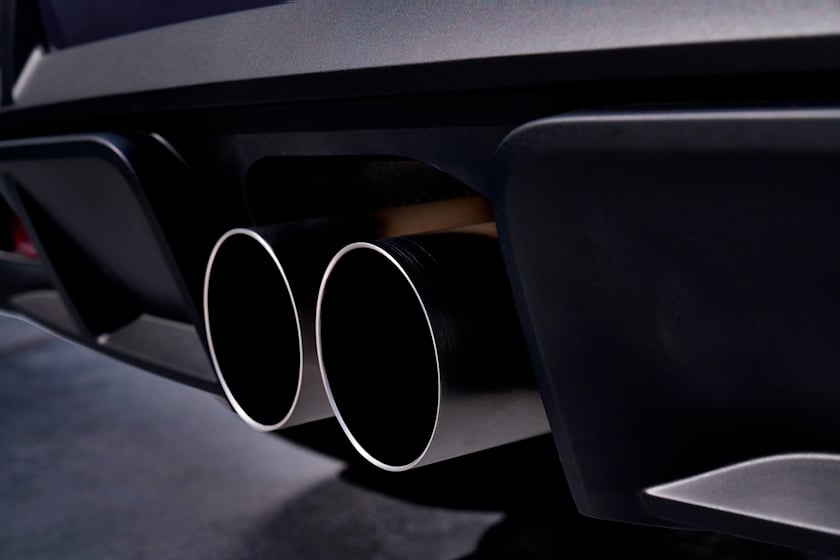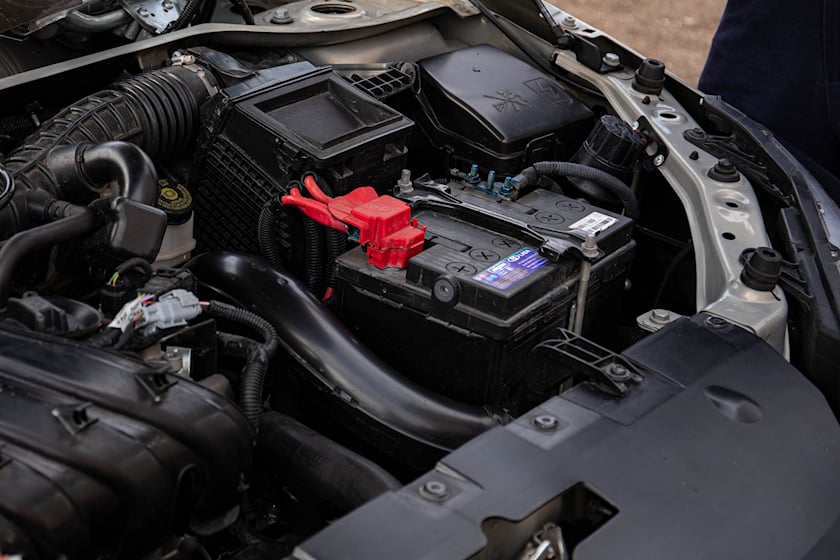When is the best time to sell your car?
You've been driving your car for a couple of years and you reckon it's time to think about selling it to upgrade to something better and newer - but when is the best time to sell your car? Are there certain things to consider and are these the same for all cars? What is more important in determining your car's resale value: model year or mileage? Would selling your car have tax implications? Is it better to hold on to an old car for years to save money, or should you be replacing your car every few years? There are so many questions and the mere thought of wading into the unknown makes you apprehensive. Let us shed some light on a few of these issues to help you more easily answer the questions to determine when is the best time to sell a car and how to go about it.
There could be many reasons why you could decide that your car's number is up and it is time to move on. Here are a few to help you decide when is the best time to sell that car:
Is there an optimal season or month to sell your car? It varies from country to country, but in the US, certain patterns suggest that there might sometimes be an optimal time of year when it's ideal to sell your car. For what it's worth, March and September have been identified as two months during which the number of used cars available on the market experiences a noticeable surge - but only in the USA. More cars available on the market means more competition and lower prices, so you might consider these as months not to sell your car, if you want a good price. It is also quite obvious that if you are trying to sell a convertible, this should be done during the summer months. In fact, trends show that most prices increase in spring and summer due to demand, so most cars are worth somewhat more from March through August. However, it can be easier to sell a 4WD vehicle or SUV in winter, especially if you live in a snowy region of the US, as people realize they need such vehicles. Lastly, for US buyers, state and IRS tax refunds are usually paid out any time from February to April/May, so during these months, people may have a bit expendable income that they can use for buying a car.
Many things can affect how long it takes to sell your car. Even for professional second-hand-car dealers, the average time to sell a car in the US is two months. The average time to sell a car privately could be significantly longer, especially if it's your first time doing it. That is why your timing and planning must be meticulous. If you make sure everything is in order before you put your car on the market, you can significantly reduce the time it takes you to find its new owner. But be aware that there are scammers out there that will try to take advantage, especially if you are in a rush to get rid of your car. Learn more about car selling scams and how to avoid becoming prey to a con artist here.
Decide from the outset what the minimum price is that you are willing to settle for. You can use resources such as Kelly Blue Book for an accurate appraisal of what your car's true market value is. Irrespective of whether you are looking for the prices of Chevrolets, Fords, Volkswagens, or Hondas, they are all there, from A to Z. Make sure the maintenance is up to date, that no important car repair is outstanding, and that the car has been serviced and checked by a professional mechanic. The tires should also be in reasonable condition. Lastly, give the car a thorough detailing. Spending a hundred dollars or so here can add a lot more to the overall price.
Compile a file of the necessary paperwork:
This is how you can sell your car fast - or at least as fast as possible. Don't leave the preparations too late, or you might end up wasting too much time, be pressured to sell, and settle for less.
In our minds, our cars reach certain milestones, and perhaps the 100,000-mile mark in one such a milestone. Indeed, when people enter mileage limits when searching for used cars online, 100,000 miles is a typical one, and if your car has more than that on the odometer, it may not show up in such a search. It doesn't even matter that your 100,000-mile car is still in good shape. It also tends to be a psychological barrier, because we feel a car is 'old' when it has passed this mileage mark.
But, there are actually a few other mileage milestones, the first one being as soon as it hits 36,000 miles, which is when some cars reach the mileage limit of their factory warranties. Around this time, the first set of tires may also need replacing. However, this may be too soon to sell your car, unless you really have to. The next milestone is anywhere from around 60,000 miles when more expensive items become due for replacement, like a cambelt change and other more serious mechanical replacements. This is generally a good time to sell your car. It should be between three and four years old and you should not owe much on it anymore.
According to the IRS, any personal vehicle is regarded as a capital asset and if you sell your car for more than you paid for it and therefore make a profit on it, you have to declare it on your tax return and will have to pay tax on selling that car. If you sell your car at a loss, which is sometimes the case, you don't have to declare or pay anything in terms of taxes. There is a certain way in which you have to calculate your tax liability:
For a comprehensive overview of vehicle taxes, read our Car Taxes blog here.
Never make the decision to sell your car in a hurry. If your car has become unreliable and requires frequent repairs, it might be false economy to keep it, because that money could have gone into a down payment on a newer car. However, if your car is of a very reliable brand and your trusted and knowledgeable mechanic gives it a clean bill of health with no imminent large expenses, you might be able to hold on to it for a few more years. If you are selling, always do your homework and be sure you know what your car is worth before advertising it. Keep in mind that you will get less for it when trading in, rather than selling it privately, although this is easier because you get the money straight away, and you don't have to go through the arduous selling process. The best time to sell your car to a dealer would be if there are time pressures and you don't mind settling for less.
We cannot keep our cars forever and, sooner or later, we are all going to have to make the decision when and how we are going to sell them. This is one of the most frequently asked questions, so, you're in good company if you find yourself wondering.
Assuming you drive 15,000 miles per year, as most US drivers do, five years or 75,000 miles is a good time to sell your car, as you're probably done paying for it too and can use the money you get from it for a down payment on your next car.
If you want to get the highest possible price for your car - and you have time on hand - sell it privately and don't trade it in. Dealers don't pay as much as what you can get out of hand. They are under no obligation to prioritize profit for you, and haggling for better deals will probably not help much. Just be prepared to put in the legwork when you sell your car on car sites, elsewhere online, and in the classifieds. You have to see prospective buyers and filter through all of them until the deal is done. This might take a while, but could be more viable financially.
You are not eligible for a sales-tax refund once the taxes have been paid to the state. The only exception would be if the seller collected the taxes in error or charged you too much. You might have to pay tax though - if you made a profit selling your car.
No. You need to have the title, and it should be free of liens or salvage records.



